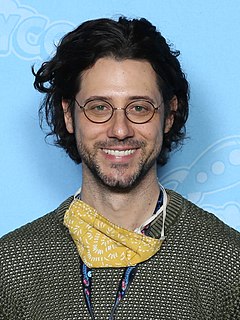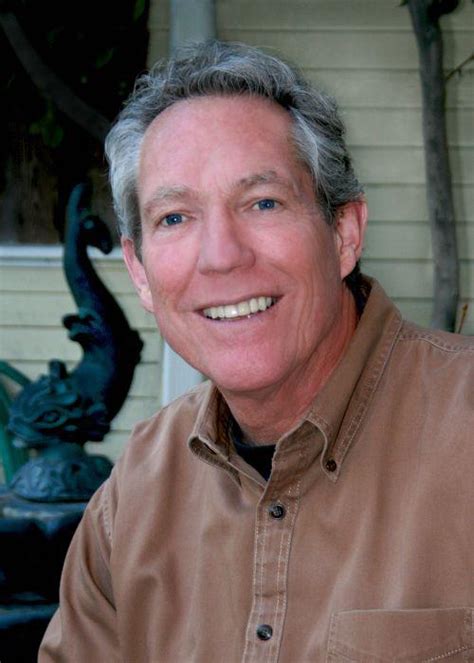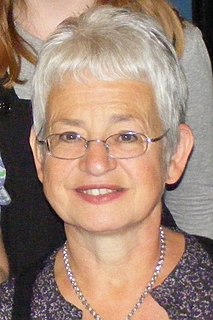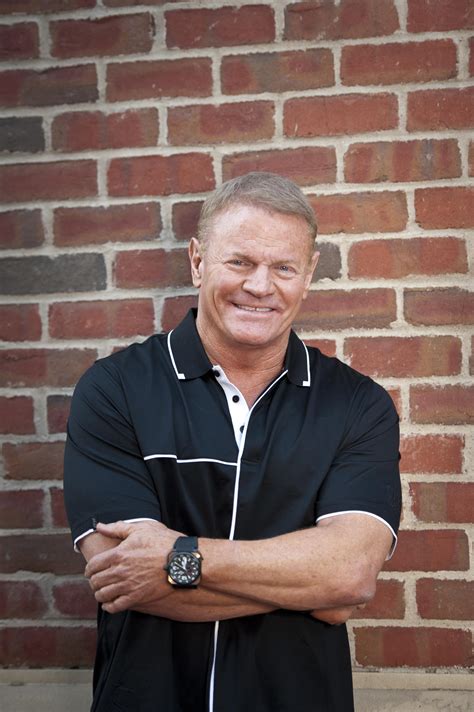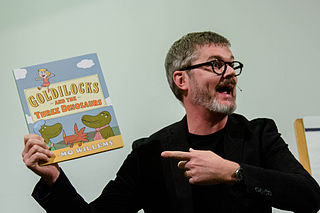Цитата Хейла Эпплмана
Я думаю, что для Льва [Гроссмана] К.С. Льюис был огромным источником вдохновения с детства. Я знаю, что «Возвращение в Брайдсхед» — это книга, которую он невероятно нашел, и он взял определенные структурные влияния из этой книги, которые он привнес в «Волшебников».
Связанные цитаты
Я бы сказал, что самый чистый опыт для фильма — это не читать книгу, потому что я думаю, что когда вы читаете книгу, вы просто ставите галочки. Я думаю, что после того, как вы посмотрите фильм, чтение книги — это круто. Я всегда говорю, что фильм не заменит книгу. Это вздор. Я большой поклонник книги.
Впервые червоточины были представлены публике более века назад в книге, написанной математиком из Оксфорда. Возможно, понимая, что взрослые могут неодобрительно относиться к идее многосвязных пространств, он написал книгу под псевдонимом и написал ее для детей. Его звали Чарльз Доджсон, псевдоним — Льюис Кэрролл, а книга называлась «Зазеркалье».
Я верю в книги. И когда наш народ [кашляет] - наш народ Иерусалима, скажем, после того, как римляне разрушили храм и город, все, что мы взяли, это книжечку, вот и все. Не сокровища, у нас не было сокровищ. Их обыскали, увезли. Но книга — маленькая книга — и эта книга произвела на свет больше книг, тысячи, сотни тысяч книг, и в книге мы нашли нашу память, и наша привязанность к этой памяти — вот что поддерживало нас в живых.
Я всегда говорил, что если кто-то написал книгу и посвятил всю свою жизнь изучению этих знаний в этой книге, почему бы вам просто не прочитать эту книгу, чтобы узнать то, что они знают? Я никогда не видел, чтобы кто-нибудь брал книгу, сочетающую Веру, личное развитие и жизненные истории, настолько практичные и близкие нашему поколению.
Книга, будучи физическим объектом, вызывает определенное уважение, которого не могут пронесшиеся электроны. Потому что вы не можете выключить книгу, потому что вы должны держать ее в руках, потому что книга сидит там, ожидая вас, хотите вы этого или нет, из-за всего этого книга — это друг. Дело не только в содержании, но и в физической сущности книги, которая всегда и безоговорочно для вас.
